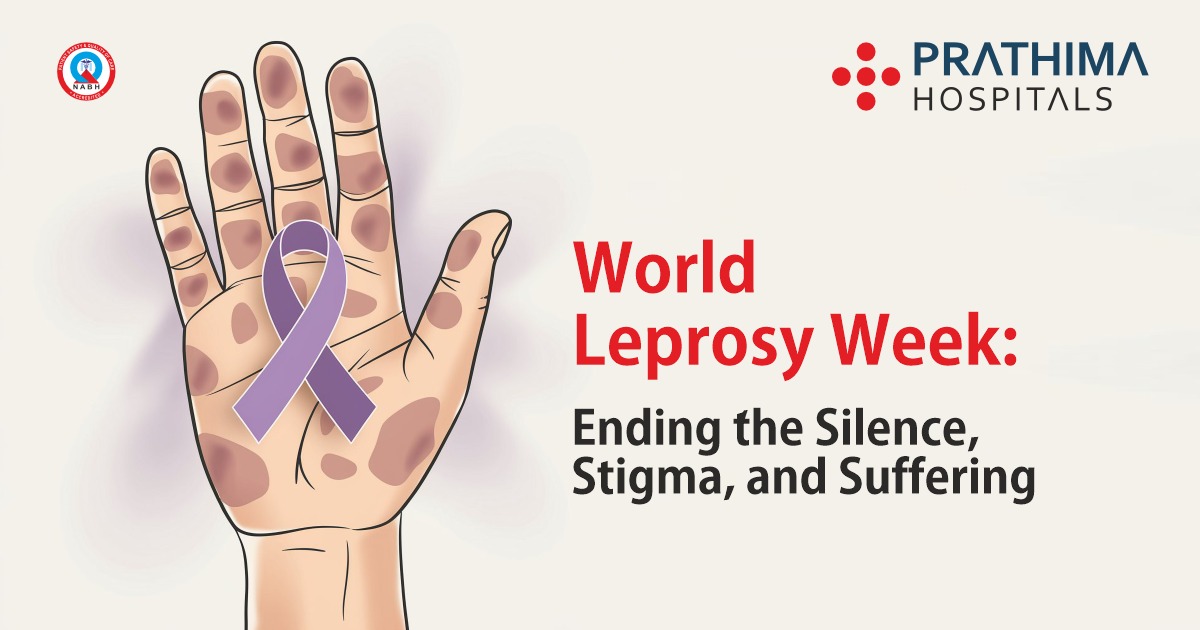Here’s What You Need to Know About Delta Variant of COVID-19

At the commence of 2019, the world was hit by an unusual viral disease that whirled into a pandemic, yes its “Coronavirus”. The first wave of coronavirus was toil of new symptoms and medical staff was in a whirl to treat this unexpected vermin. The second wave was hit in 2021 and there was a drastic change of symptoms in the second wave differing from patients.
As you all know “Change is the principle of every being on earth”. So this virus also reckoned to change and mutate for unknown reasons. Jokes apart, we saw a drastic change in the pattern of the coronavirus worldwide. Researchers say that repeated mutations led to the formation of variants of Coronavirus. Out of the various variants of this virus, the delta variant was assumed to be the deadliest of them all. Earlier research indicates that a mutation in the delta variant might enable it to combine adequately with human cells once it fastens itself. If it can effortlessly blend with your cells, it’s apt to contaminate additional of them and devastate your immune system.
What is the delta variant? How does it affect our body? What are the precautions to be taken to avoid tainting from this virus? In this blog, we have tried to cover the list of all your unanswered questions.
The Delta variant, also known as B.1.617.2, was first detected in India but has since emerged in more than 70 countries, according to the World Health Organization (WHO).In April 2021, the delta variant became the most commonly spread variant that caused new COVID-19 cases in India. Since then, this variant has been reported in 70 countries, according to the World Health Organization (WHO) Trusted Source.
Fever is the common symptom of this strain the level of virus in the body rises higher than previously seen during the pandemic.
In the United Kingdom, where the Delta variant makes up 91 percent of new cases, one study found that the most reported symptoms were headache, sore throat, and runny nose. For younger people, this might feel like just a bad cold. But they could still spread the virus to others who are more at risk of severe illness, including those not yet fully vaccinated. There is an asymptomatic phase seen in many people. There is comprehensive research driving through worldwide to get an apparent portrait of the symptoms Delta inflicts will emerge.
A little bit of precaution and awareness of earlier symptoms to looking for a registered physician will help curb this pandemic at the earliest. This worst phase will pass soon. Be safe and stay positive.
Why delta variant is a worrisome topic?
Experts say that the delta variant is more infectious than other strains and stimulates more critical symptoms. Researchers proclaim that It may be correlated with heightened disease stringency, it increases hospitalization peril, as differed to Alpha variant of Coronavirus. Delta variant is 40% more contagious than an alpha variant of coronavirus.
What are the signs and symptoms of delta variant?
The fundamental indications of infection with the delta variant of SARS-CoV-2 are distinctly correlated with those encountered upon disease with prior variants. It appears to encompass the youthful population more often. In the United Kingdom, researchers exhibited that children and adults under 50 were 2.5 times more likely to become tarnished. Symptoms occur to be more serious. People may be more likely to end up in the hospital if they have the delta variant. Studies suggest it might have almost double the risk of hospitalization than the alpha variant.
The signs and symptoms of the delta variant are as follows.
- Fever
- Headache
- Sore throat
- Runny nose
- Hoarseness of voice
- Anosmia or loss of smell.
- Nausea and vomiting
Prevention from Delta variant of Coronavirus
The CDCTrusted Source elucidates that the virus SARS-CoV-2 which induces COVID-19 dissipates very effortlessly and efficiently between people. To lessen the risk of acquiring the virus, people should:
- Wash the hands regularly with soap and water, for at least 20 seconds.
- Use an alcohol-based hand sanitizer containing at least 60% alcohol when soap and water are not available.
- Maintain a physical distance of 6 feet (2 meters) from other people, especially those who are unwell.
- Halt the time outside of the home, including in grocery stores and on the streets. When it is necessary to leave the home, try to don a face mask.
- Stock up on food, medications, and other essential items to curtail the number of trips outside of the home.
- Disinfect grounds and common household items repeatedly. Instances include faucets, door handles, toilet handles, keys, and remote controls.
- Avoid sharing utensils, towels, and other personal items with other people.
- Isolate sick members of the household in a separate bedroom and bathroom (if possible) until their symptoms resolve. These people should don a face wrapping such as a mask when using shared spaces.
- Avoid all extraneous air and sea travel and other forms of public transport.
- Discuss the usage of arthritis medications with a doctor to see if it is advisable to continue with the treatment.
Anyone who speculates that they have had contact with someone with COVID-9 should:
1) Monitor their symptoms closely and check their temperature daily
2) Isolate yourself from others especially kids and elderly
3) Seek abrupt medical attention if severe symptoms, such as breathing difficulties, occur
4) Consult your doctor for the same.
5) People who get severely ill typically require hospitalization. In the hospital, medical staff may use oxygen therapy or ventilators, or they may use other special treatment to alleviate the symptoms and prevent or manage complications.
We hope this blog turns useful to many and has cleared all facts about this variant. If you encounter symptoms such as cough, shortness of breath, headache, fatigue, or loss of sense of taste or smell; immediately rush to your nearest super speciality hospital and consult the doctor to get it diagnose and treat the issue soon.






Warning: Undefined variable $req in /home/u885608126/domains/prathimahospitals.com/public_html/wp-content/themes/prathimahospitals/functions.php on line 294
Warning: Undefined variable $commenter in /home/u885608126/domains/prathimahospitals.com/public_html/wp-content/themes/prathimahospitals/functions.php on line 295
Warning: Trying to access array offset on value of type null in /home/u885608126/domains/prathimahospitals.com/public_html/wp-content/themes/prathimahospitals/functions.php on line 295
Warning: Undefined variable $aria_req in /home/u885608126/domains/prathimahospitals.com/public_html/wp-content/themes/prathimahospitals/functions.php on line 295
Warning: Undefined variable $req in /home/u885608126/domains/prathimahospitals.com/public_html/wp-content/themes/prathimahospitals/functions.php on line 298
Warning: Undefined variable $commenter in /home/u885608126/domains/prathimahospitals.com/public_html/wp-content/themes/prathimahospitals/functions.php on line 299
Warning: Trying to access array offset on value of type null in /home/u885608126/domains/prathimahospitals.com/public_html/wp-content/themes/prathimahospitals/functions.php on line 299
Warning: Undefined variable $aria_req in /home/u885608126/domains/prathimahospitals.com/public_html/wp-content/themes/prathimahospitals/functions.php on line 300
Warning: Undefined variable $commenter in /home/u885608126/domains/prathimahospitals.com/public_html/wp-content/themes/prathimahospitals/functions.php on line 303
Warning: Trying to access array offset on value of type null in /home/u885608126/domains/prathimahospitals.com/public_html/wp-content/themes/prathimahospitals/functions.php on line 303